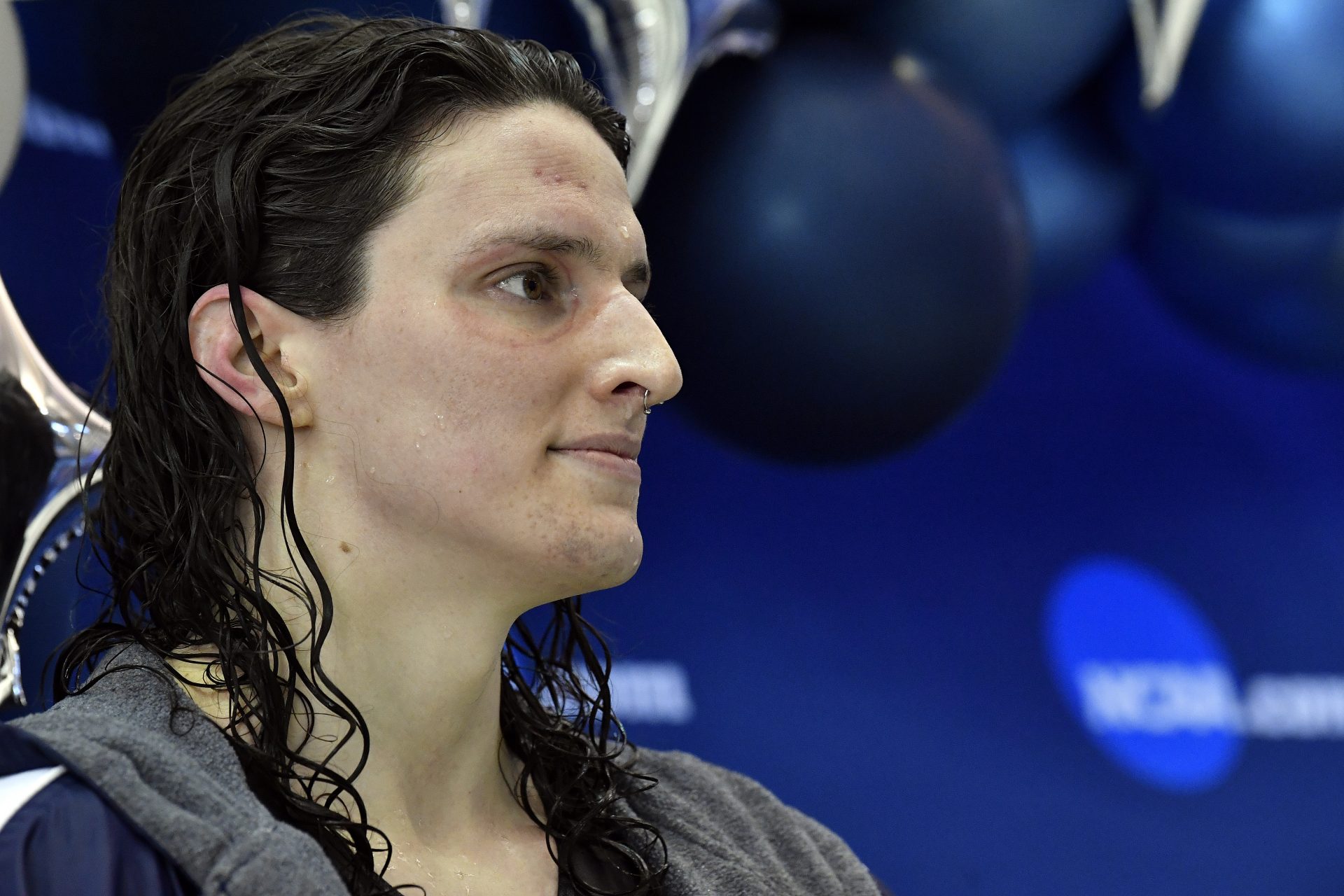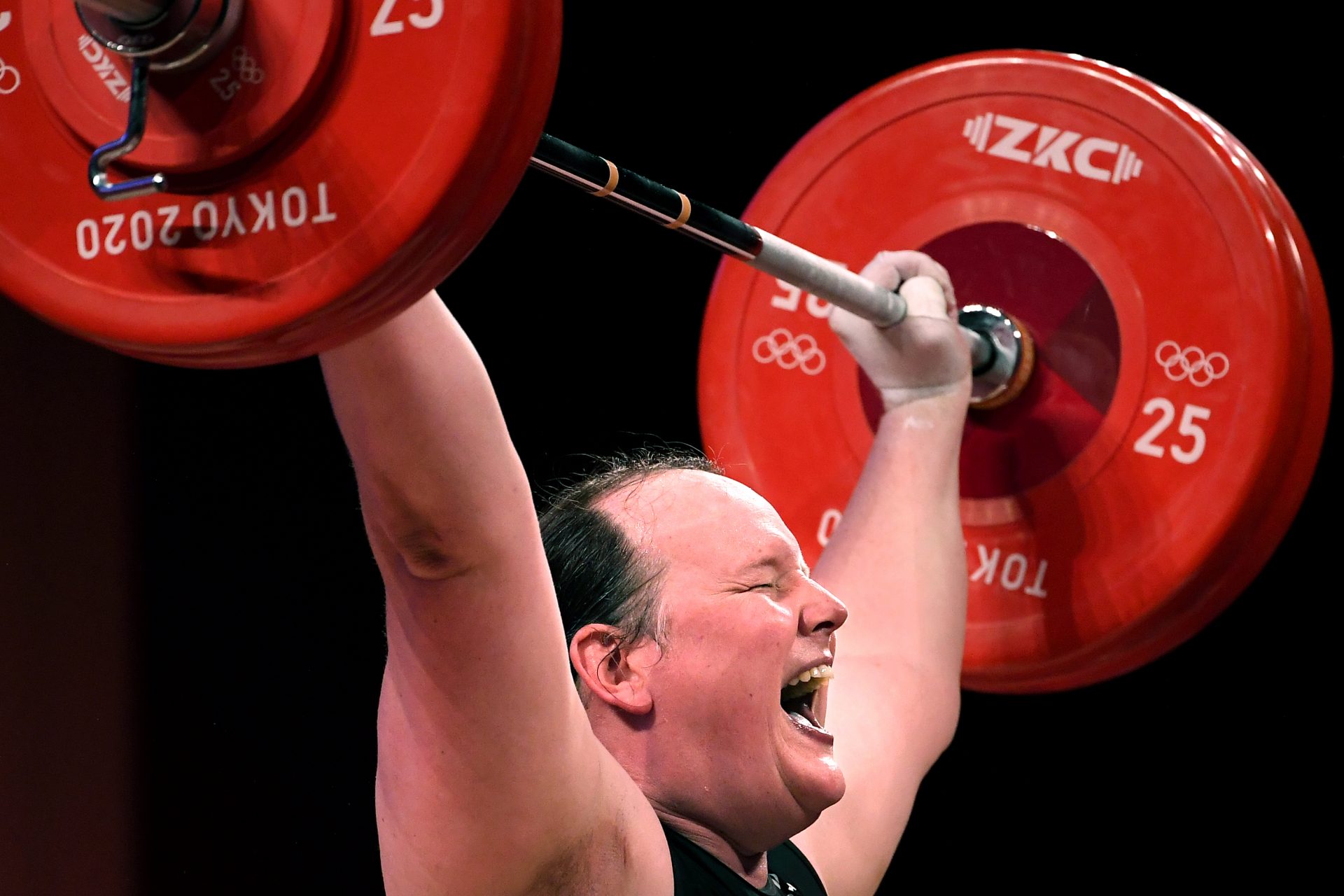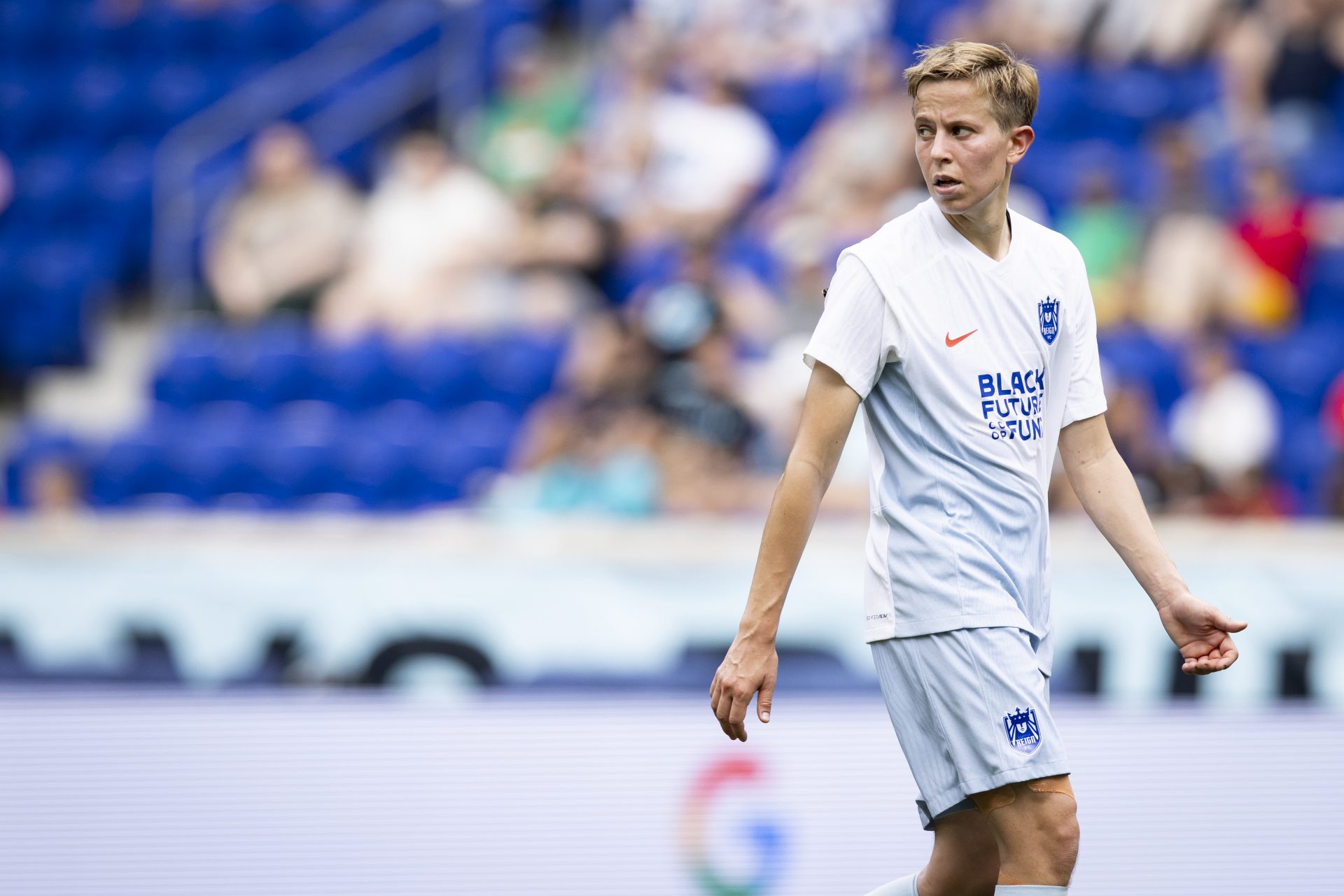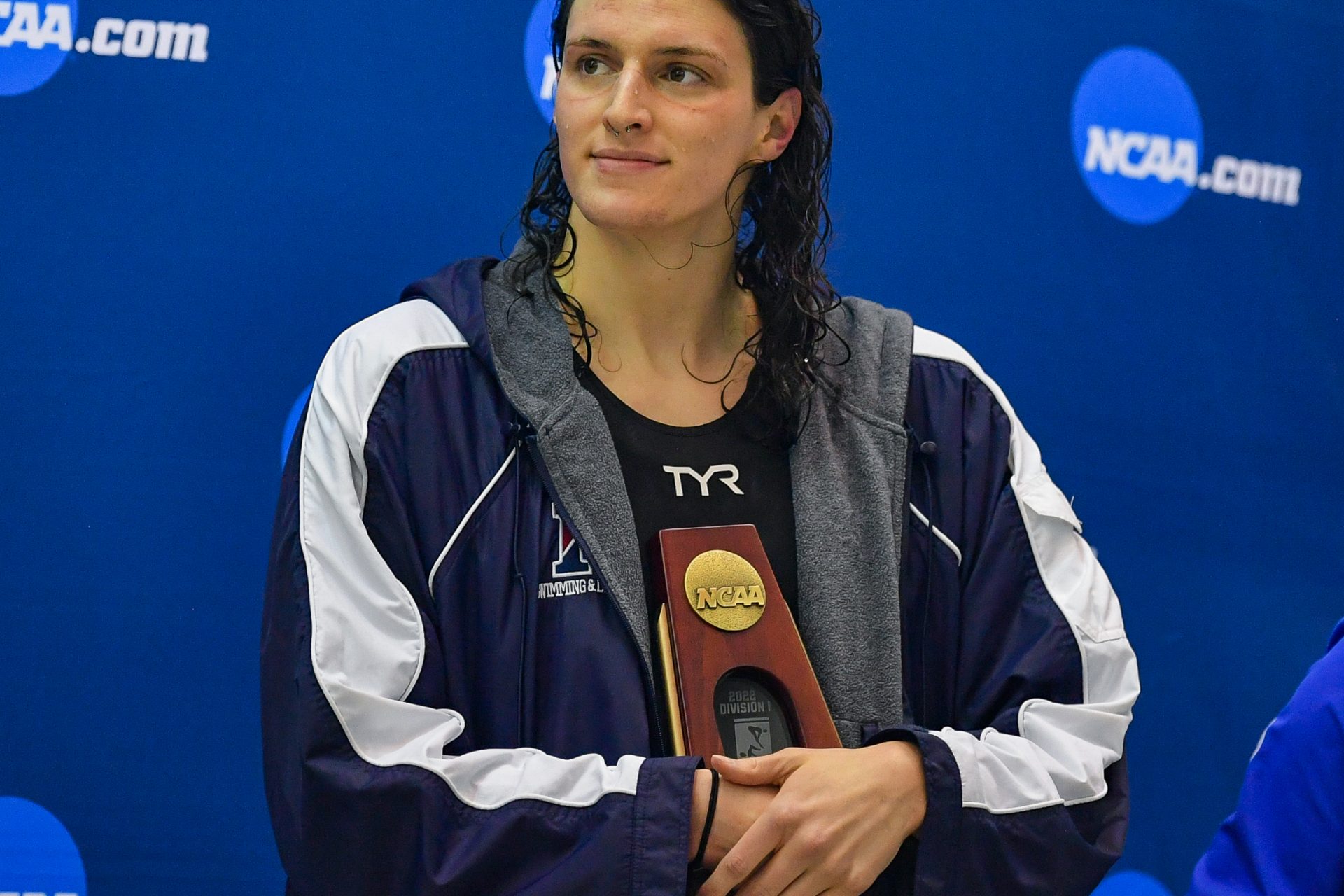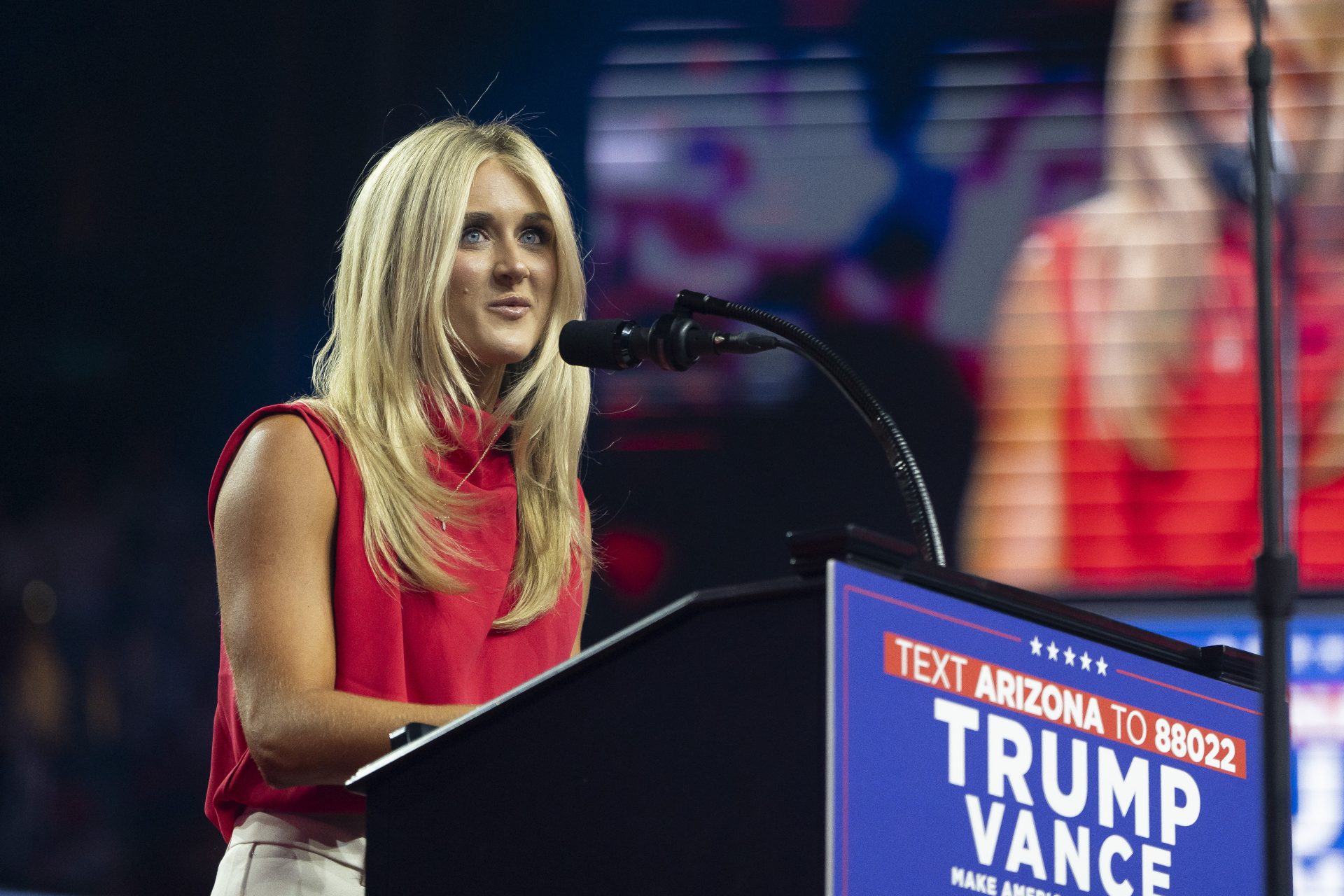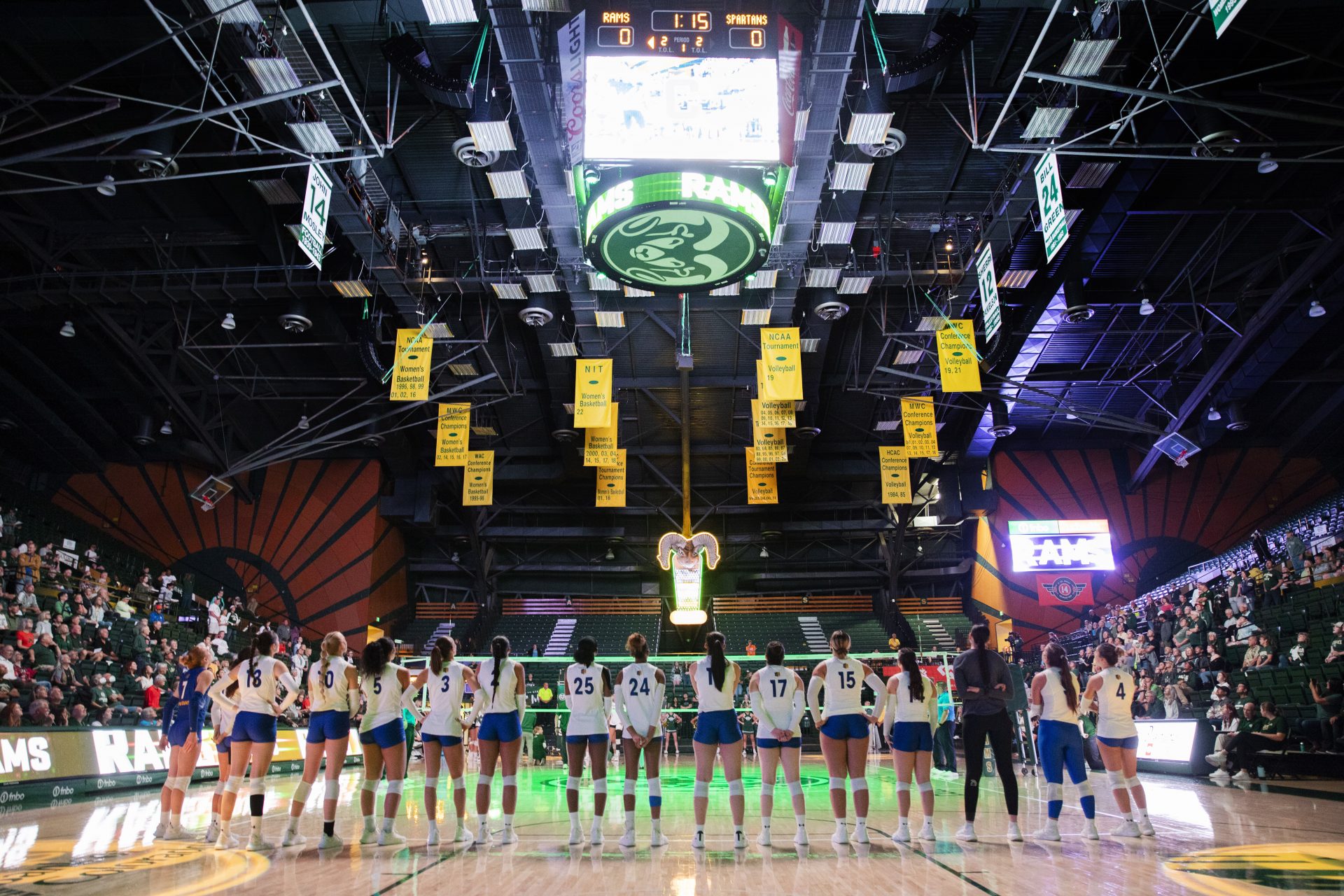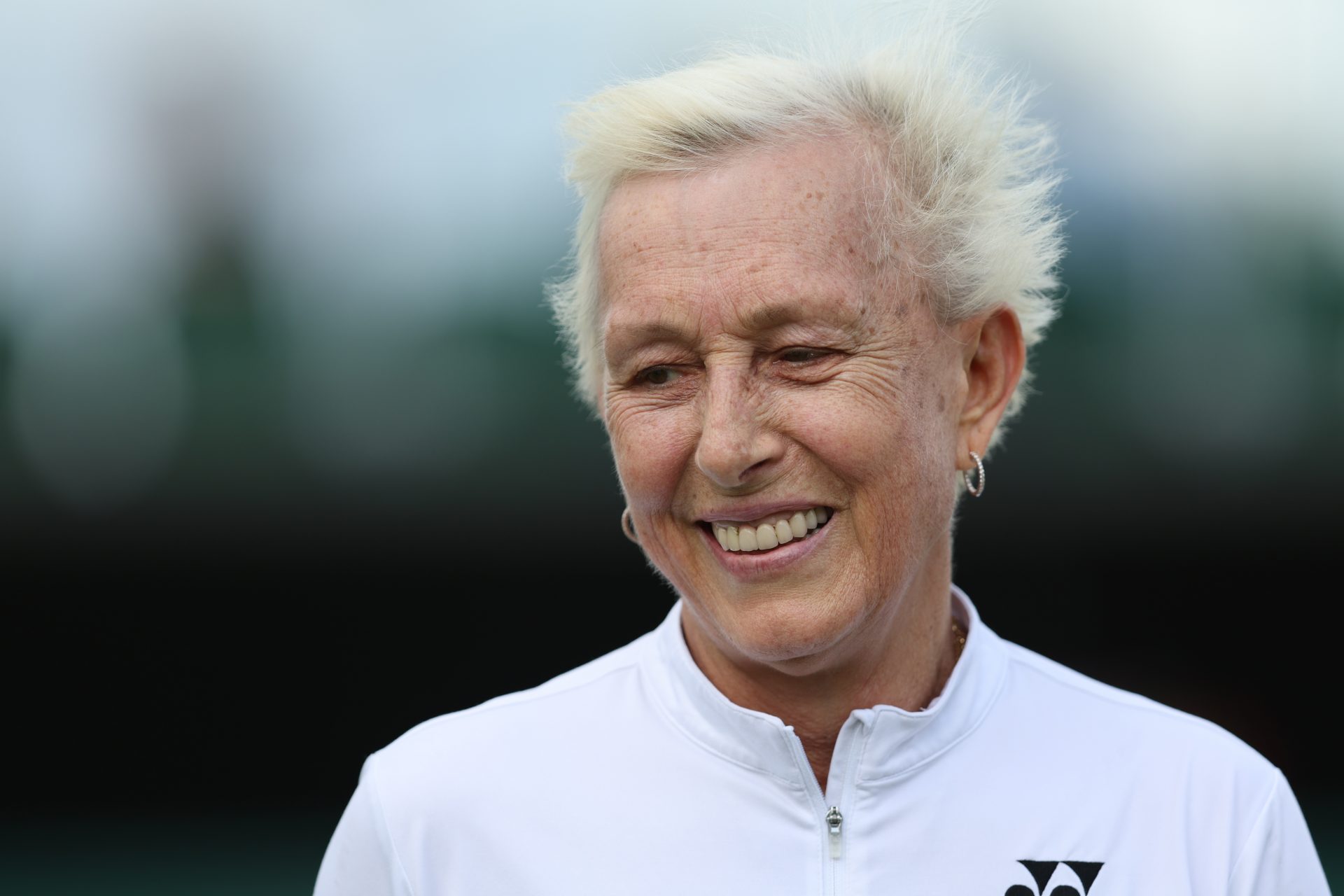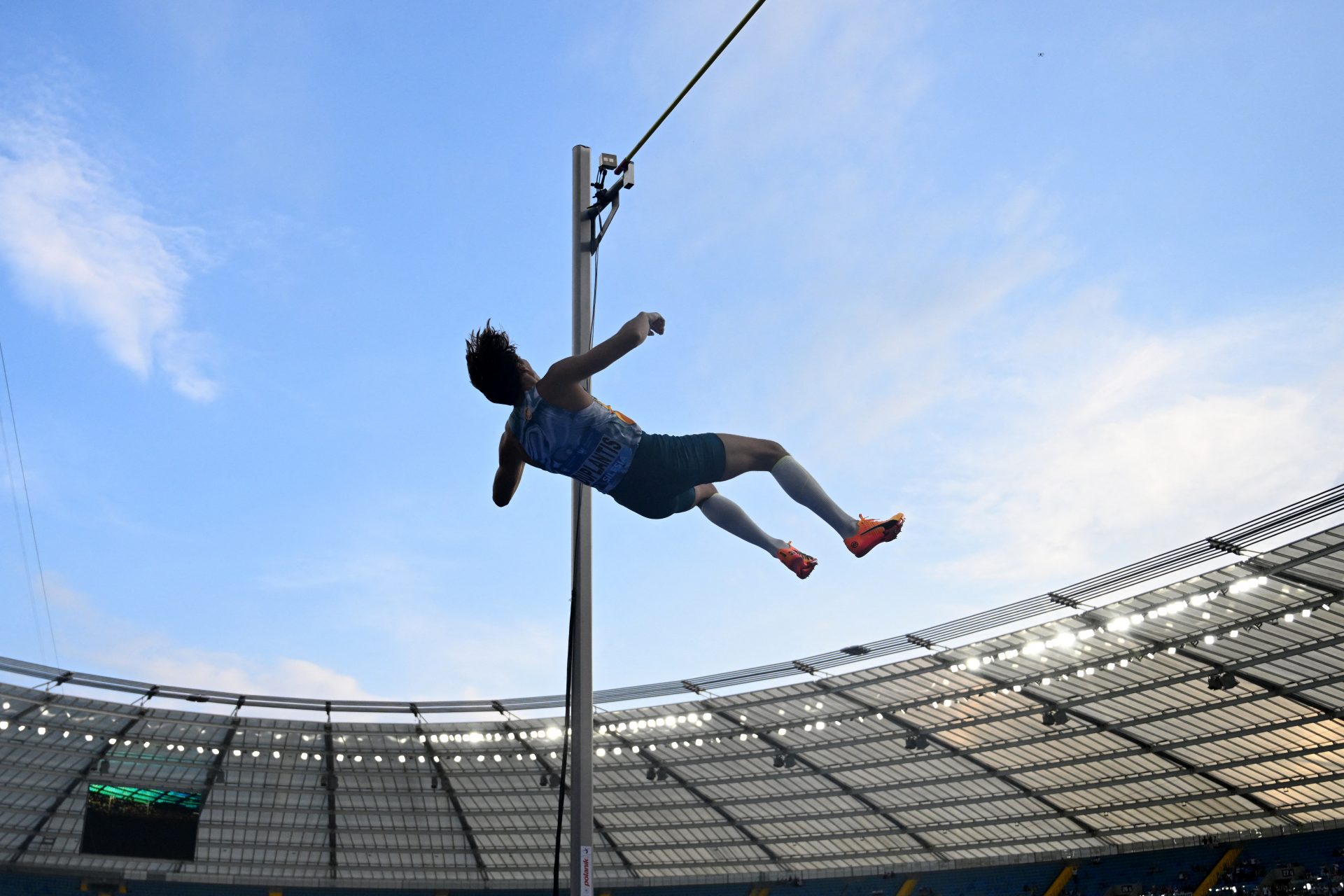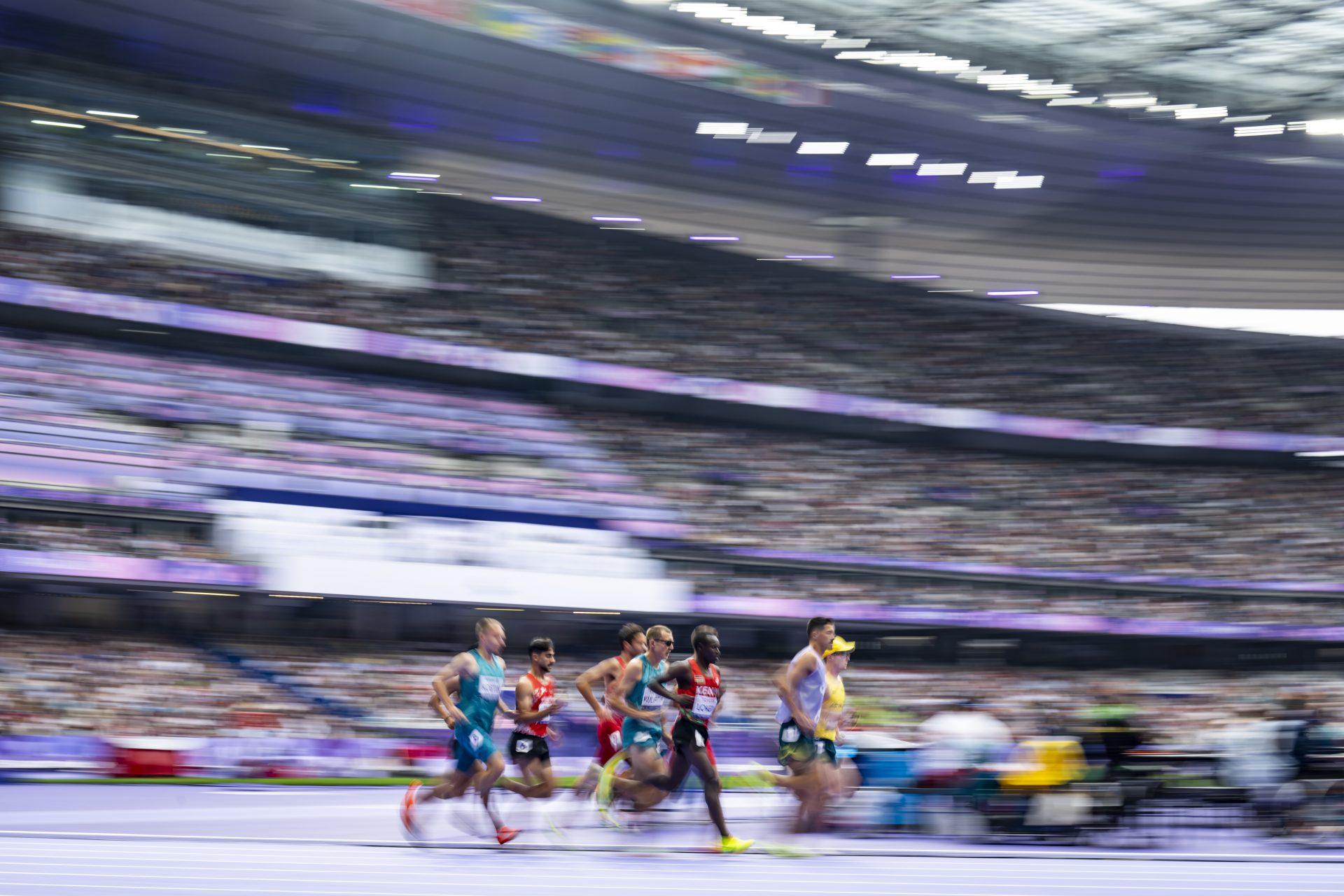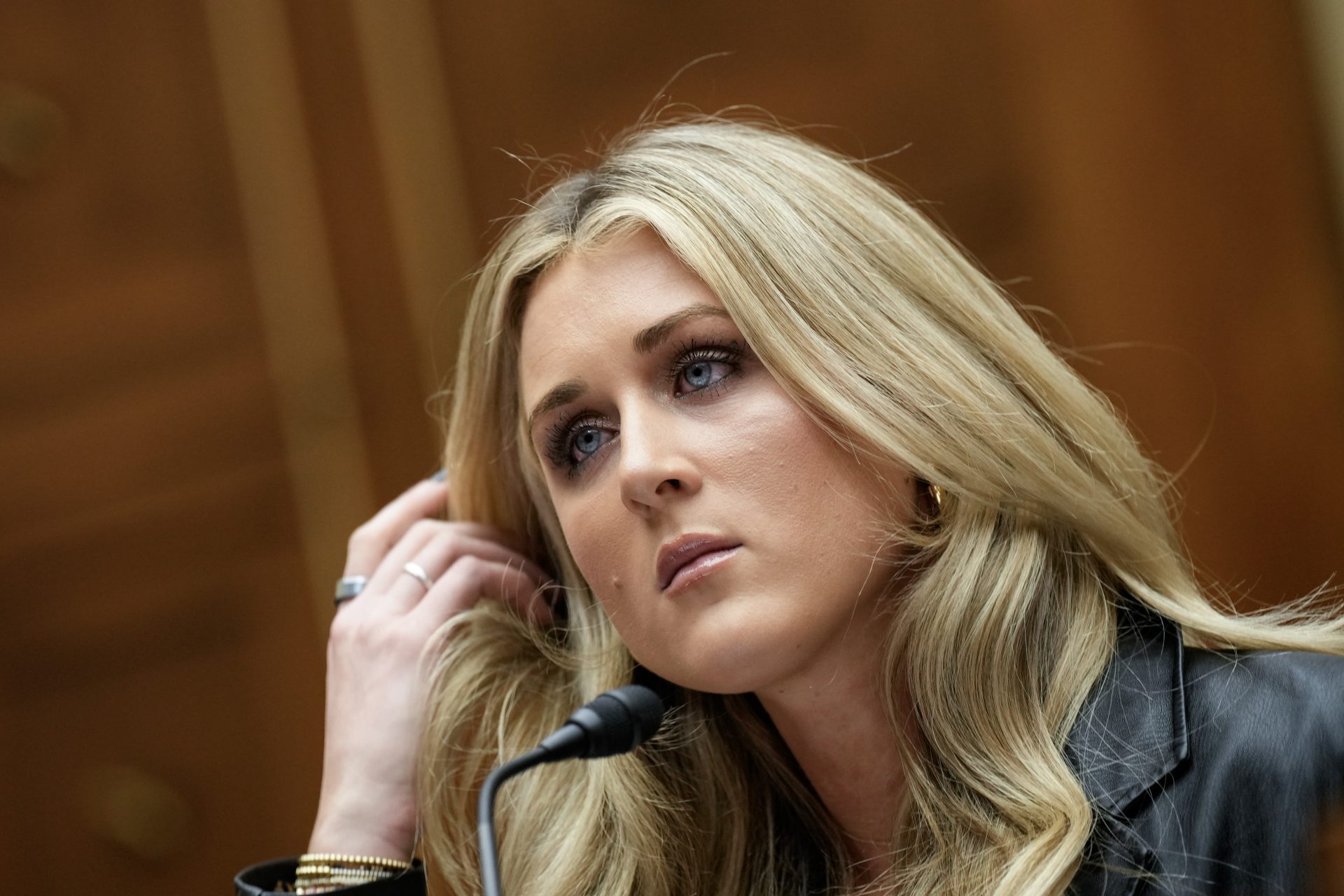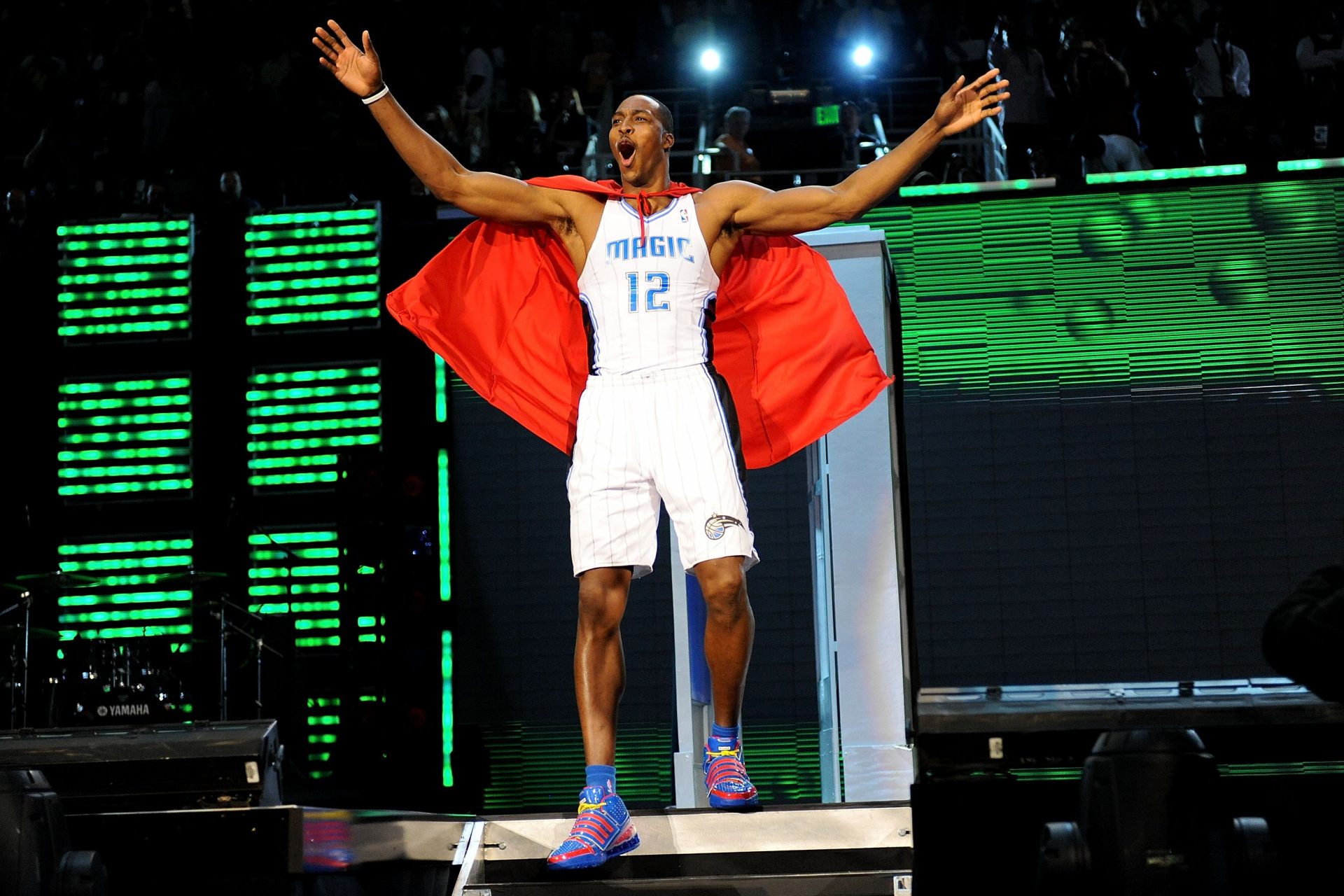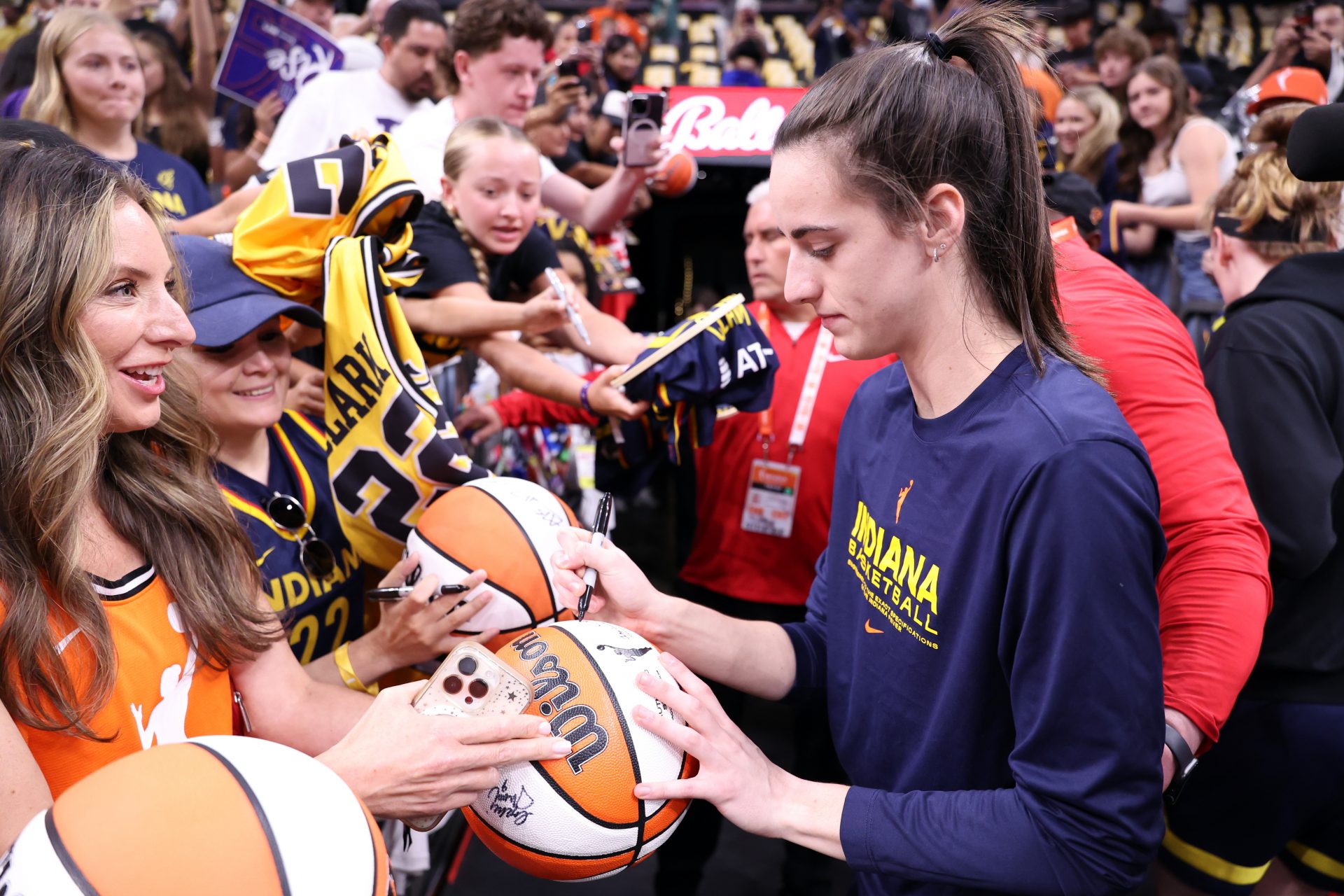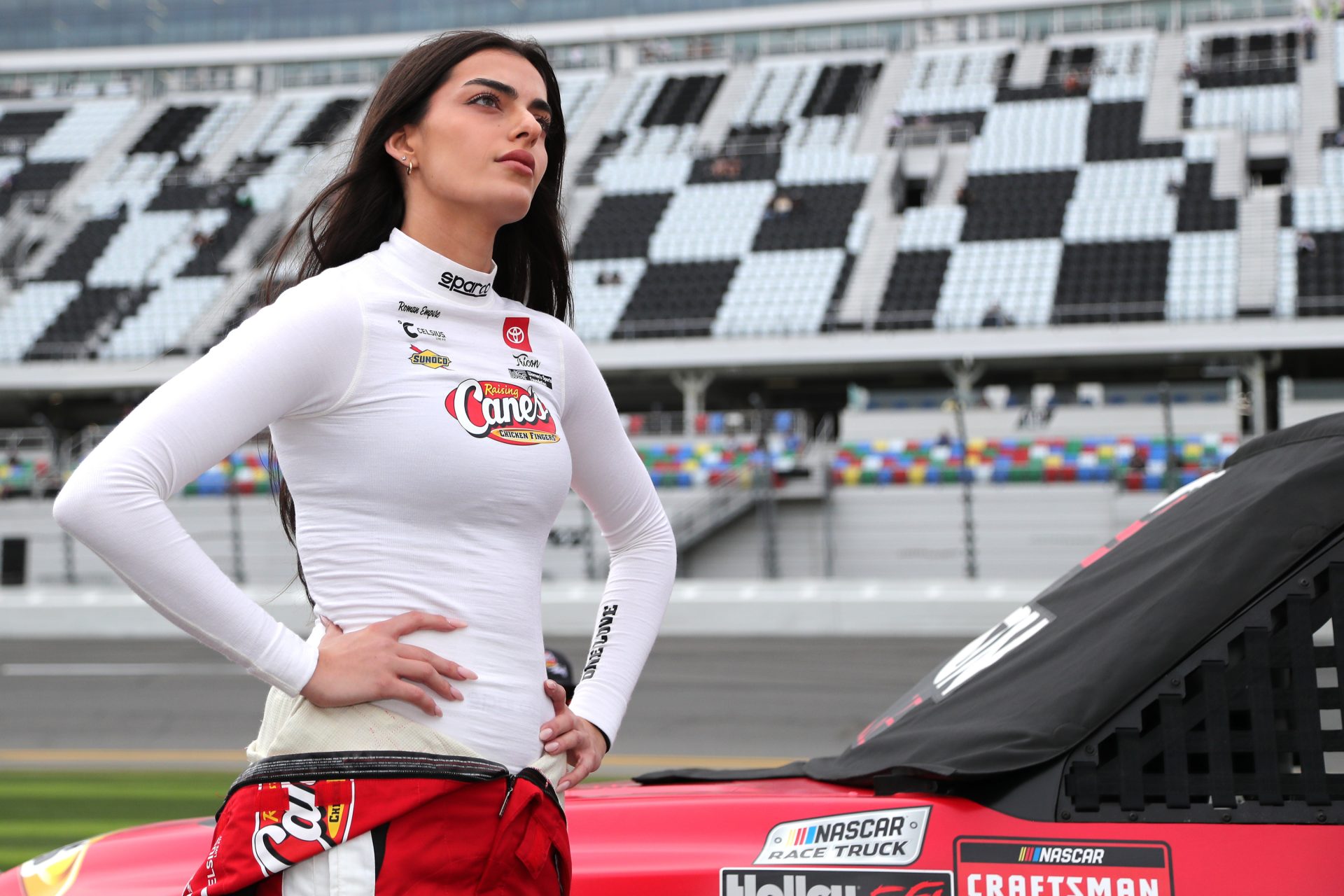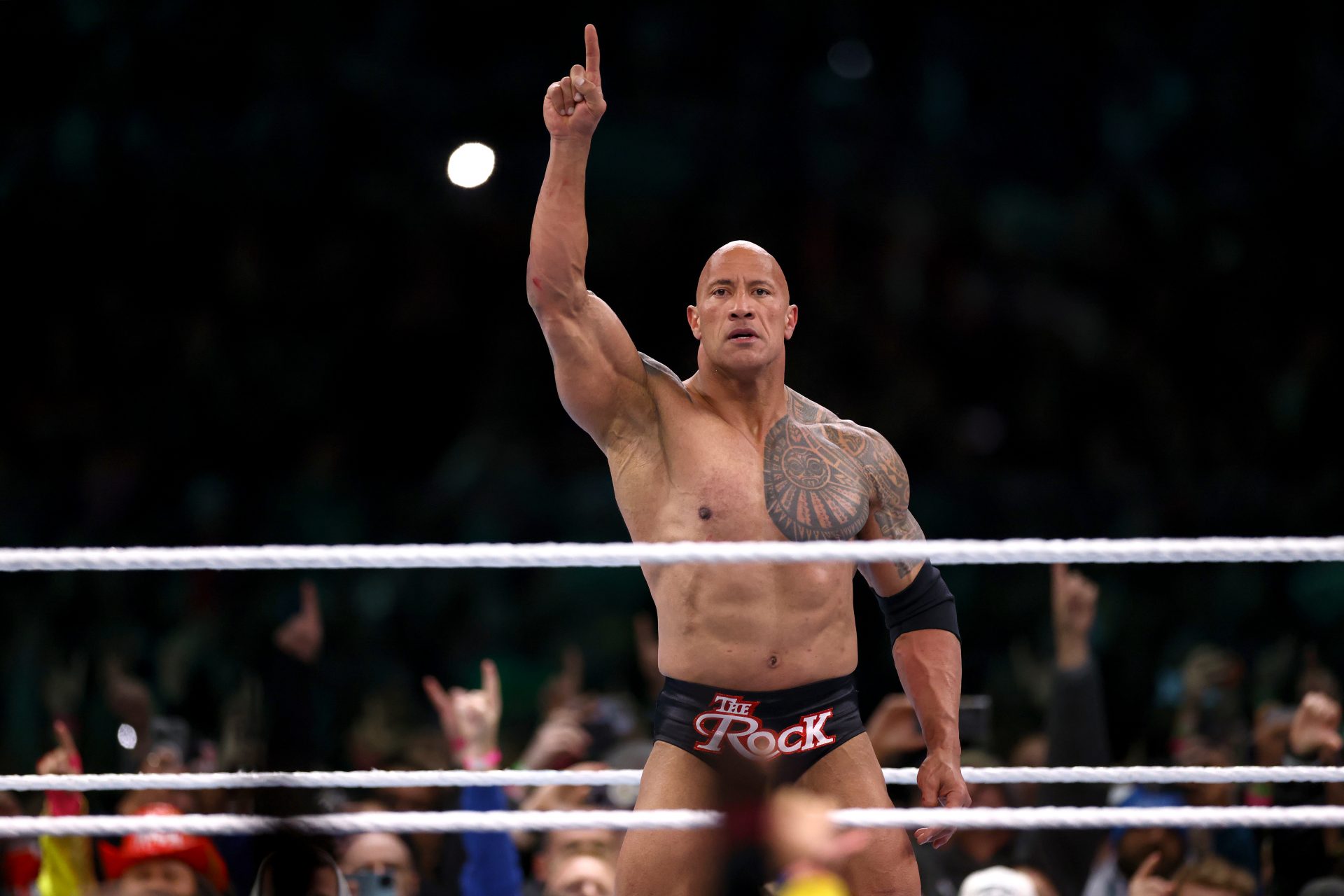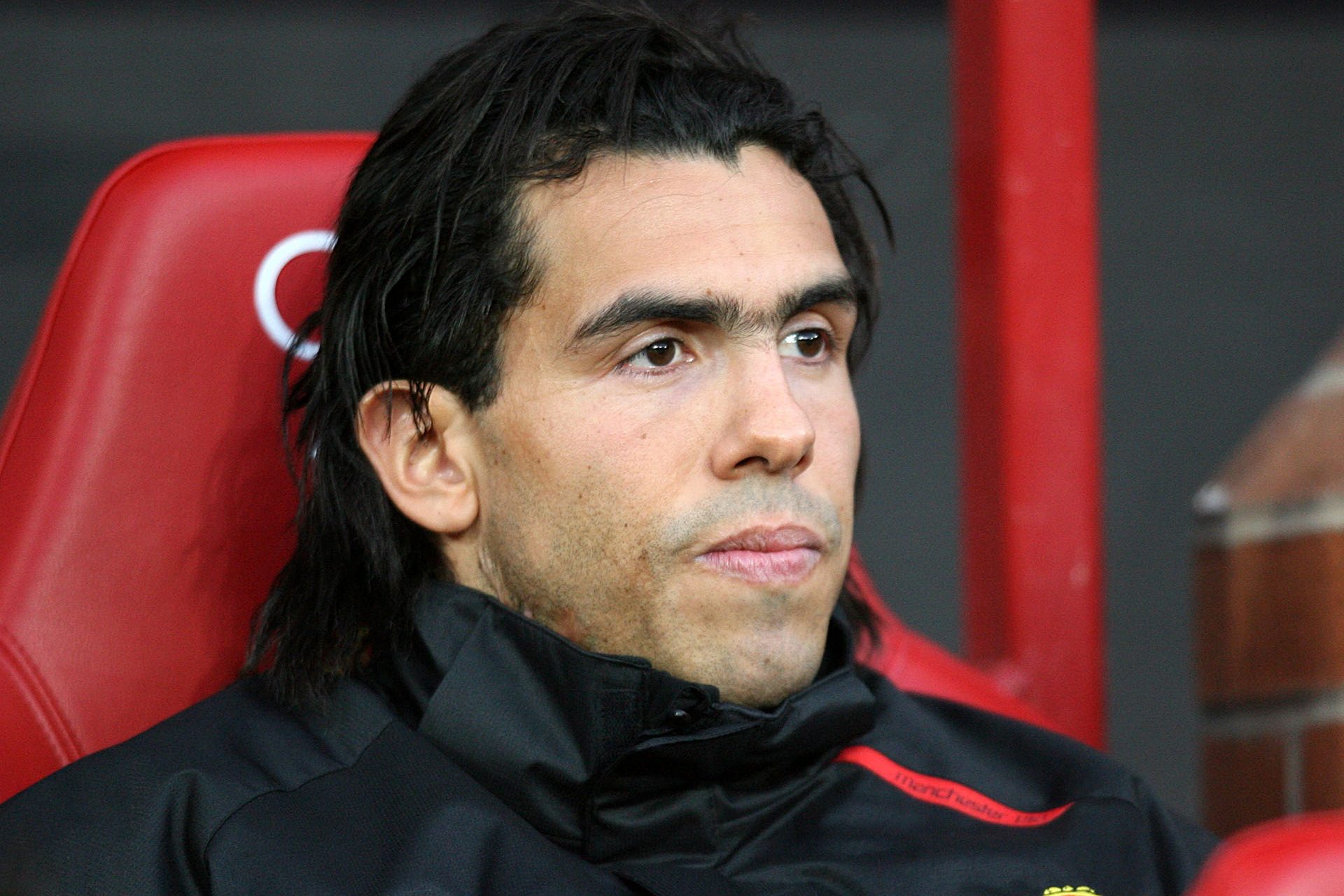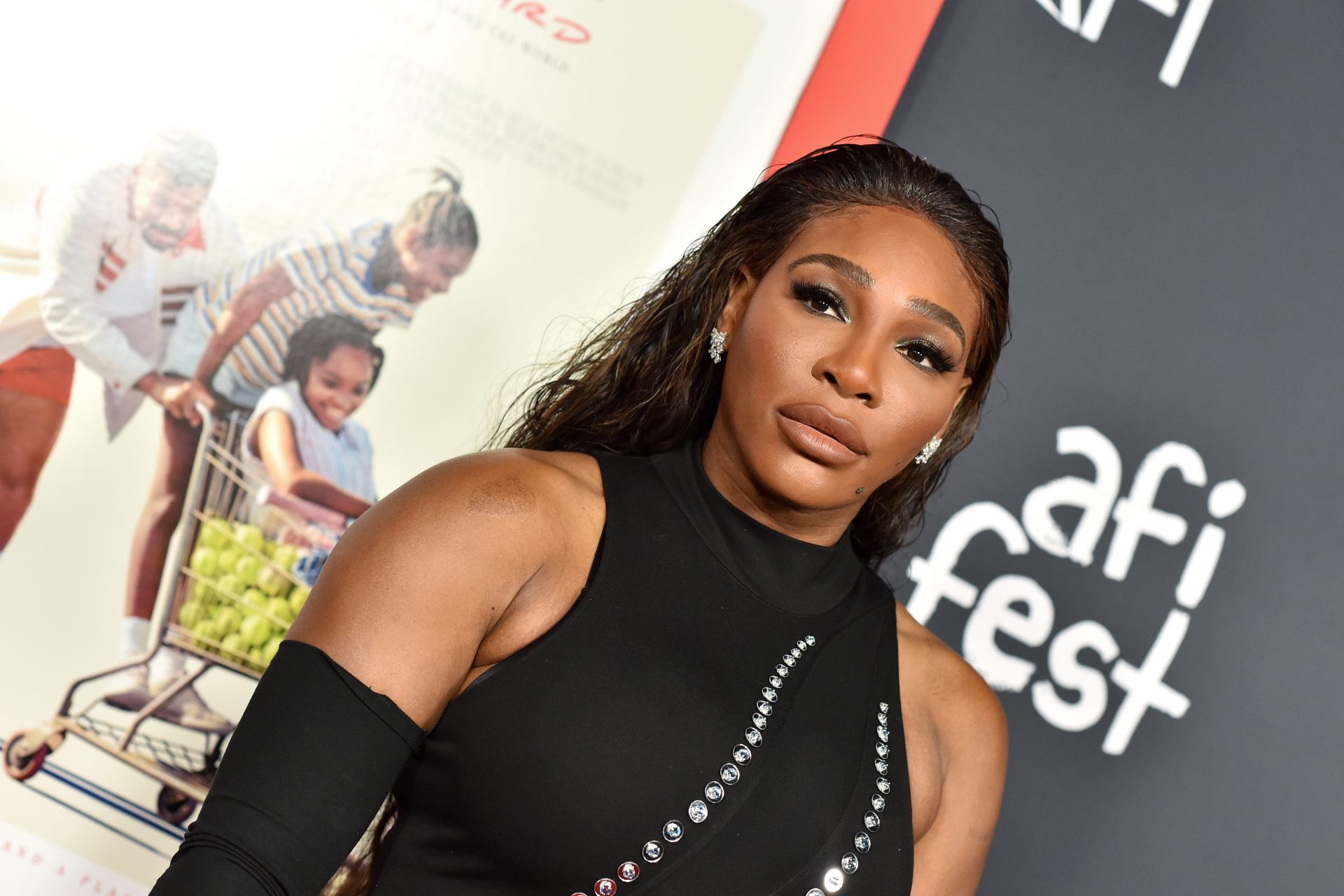Transgender athletes have become the epicenter of a major storm in college sports
College sports have become the epicenter of one of the most contentious debates in athletics today: the inclusion of transgender athletes.
The ongoing drama surrounding Blaire Fleming’s place on and the San Jose State University volleyball team has highlighted how divisive this topic has become – but it is not new, and it’s by no means settled.
Image Credit: Instagram @Blaire.Fleming
Transgender athletes are far from a new thing. One of the first notable examples of a transgender athlete trying to compete in the women’s division was Renée Richards, who fought to play in the 1976 US Open. That was a complicated and divisive topic then, and it seems little has changed in the last 50 years – the voices on both sides have just gotten louder.
Want to see more like this? Follow us here for daily sports news, profiles and analysis!
Since then, there have been a number of transgender athletes who have tried to compete with some success to compete against a field that matches their gender identity.
Both New Zealand weightlifter Laurel Hubbard and Canadian soccer player Quinn (pictured) made history with their appearances at the 2020 Olympic Tokyo Olympic Games.
Fast forward to March 2022, things got a little more heated in this debate following a Division 1 NCAA swimming competition.
Lia Thomas, a transgender woman who competed for the University of Pennsylvania, won the NCAA Division 1 national championship in the 500-yard free. The win would be immediately met with backlash all around the round, but particularly from conservative media such as Fox News.
Among her most vocal critics was Riley Gaines (right), a former University of Kentucky swimmer who competed against Thomas at the national championship.
Gaines has since become a prominent advocate for barring trans women from competing in women’s sports, arguing that their inclusion not only puts women at risk, it also undermines the hard-fought progress made under Title IX, the federal law that guaranteed women equal access to sports and education, as she told The New York Post.
Title IX and the NCAA’s gender inclusion policies are the reasons the NCAA (the National Collegiate Athletic Association) has found itself as the epicenter of the trans athlete discussion.
Signed into law in 1976, Title IX of the Civil Rights Act prohibits discrimination based on gender in educational programs, including athletics. Title IX has been instrumental in expanding opportunities for women in sports, but its application to transgender athletes has sparked significant debate.
Opponents of transgender inclusion in women’s sports, such as Gaines, argue that Title IX’s original intent – to create equitable opportunities for women – could be undermined by allowing trans women to compete against cisgender women. They fear that trans athletes could dominate women’s competitions, thus limiting opportunities for scholarships and athletic recognition for female-born athletes.
Image Credit: Screenshot YouTube @FoxNews
Conversely, advocates for transgender athletes argue that Title IX should protect all athletes from discrimination, including those who are transgender. They maintain that excluding trans athletes would amount to a violation of their civil rights, and that policies should evolve to reflect a more inclusive understanding of gender.
Want to see more like this? Follow us here for daily sports news, profiles and analysis!
More recently – and more directly – the NCAA’s policy on transgender athletes, which was first implemented in 2011, has opened the competition to include transgender athletes. Under current guidelines, transgender women are allowed to compete on women’s teams after completing one year of testosterone suppression treatment. Transgender men, on the other hand, are permitted to compete on men’s teams without restrictions.
This policy was designed to balance inclusivity with competitive fairness. The assumption is that testosterone suppression would mitigate any physical advantages trans women may have developed prior to transitioning, as reported by The Guardian.
However, critics argue that one year of treatment may not be sufficient to entirely eliminate those advantages, particularly in sports like swimming, volleyball, and track, where strength and endurance play a critical role.
This is also the view the World Athletics board took on the matter in March 2023, when they banned transgender women from female competitions if they have undergone male puberty, The Guardian reported at the time. This was passed on a 24-page scientific report examining the biological advantages gained from undergoing puberty as a male.
The ban was a key reason beyond the lack of trans athletes at this year’s Paris Games. The move also put World Athletics ultimately at odds with the NCAA and their competition policy, which is why the discussion around trans athletes is louder here than anywhere else.
As it stands, the NCAA is already dealing with a lawsuit headed by Riley Gaines but including "over a dozen college athletes" over their trans policy, claiming that it has disadvantaged women, CBS News reported in March 2024.
It is also dealing with the ongoing SJSU volleyball matter, which has become so tense it now requires police to supervise the games.
While there are strong points to be made on both sides, the discourse around trans athletes seems to be getting less nuanced and more heated as the days go on, with many wondering where it will lead or how it could possibly end.
Want to see more like this? Follow us here for daily sports news, profiles and analysis!
More for you
Top Stories



